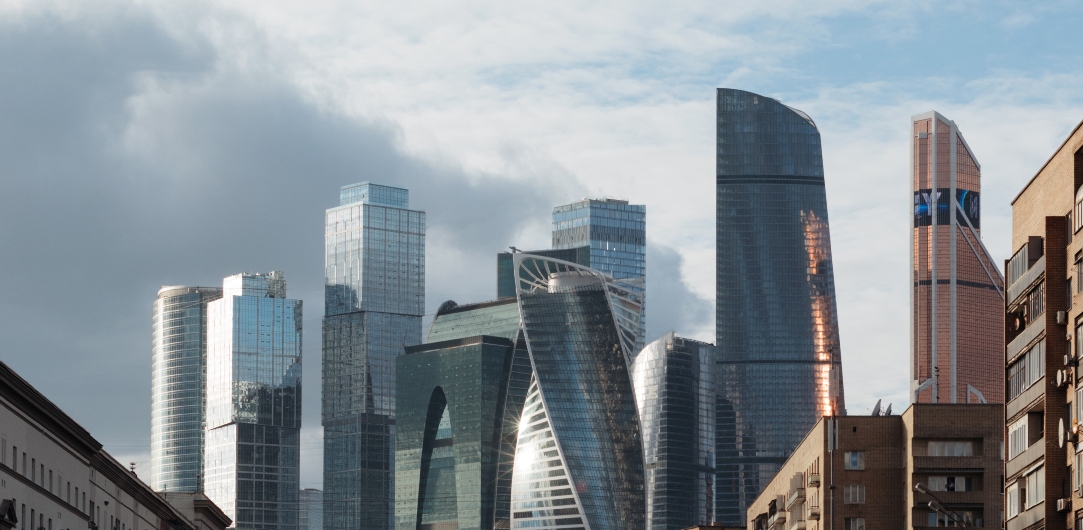Registration
You will receive an email confirming your registration.
On September 19-20, 2018, the Carnegie Moscow Center held its third annual Russian Economic Challenge conference, organized by the Carnegie Moscow Center in partnership with the Moscow School of Management SKOLKOVO. This two-day event was focused on global inequality, the consequences for Russia, and ways to overcome it.
 The conference is generously supported by QIWI.
The conference is generously supported by QIWI.
Day 1 | Video and PPTs
On September 19-20, 2018, the Carnegie Moscow Center held its third annual Russian Economic Challenge conference, organized by the Carnegie Moscow Center in partnership with the Moscow School of Management SKOLKOVO.
Agenda
Andrei Sharonov: Opening Remarks
Session 1. Inequality: an Issue or an Advantage?
Sergei Guriev: Economic disparity: challenges and questions
Ruben Enikolopov: Inequality: a problem or an advantage?
Marianna Belenkaya: How much inequality will people tolerate? The Arab Spring case study
Moderator: Andrey Movchan
Session 2. Inequality: Objective Factors
Hervé Boulhol: What are the main challenges in dealing with old-age Inequality in Russia?
Christopher Smart: Inequality in global currency markets
Albert Park: Inequality in China
Moderator: Elena Chirkova
Session 3. Fighting Disparity
Bill Conerly: How contemporary markets can fight inequality
Fedor Sheberstov: Improving education through not-for-profit organizations
Igor Rybakov: How not-for-profit investments and socially responsible entrepreneurship can fight inequality
Moderator: Marat Atnashev
Day 2 | Video and PPTs
On September 19-20, 2018, the Carnegie Moscow Center held its third annual Russian Economic Challenge conference, organized by the Carnegie Moscow Center in partnership with the Moscow School of Management SKOLKOVO.
Agenda
Session 1. Inequality: Intentional Inequality
Åsa Hansson: Inequality in developed countries—how good is a “good state”? (the challenges of fighting inequality in the EU and the drawbacks of such efforts)
Filip Novokmet: From communism to capitalism: Inequality and property in Russia in international perspective
Shlomo Weber: Inequality and diversity
Konstantin Sonin: Inequality in Russia
Moderator: Shlomo Weber
Session 2. Russian Score in the Inequality Contest
Kristina Butaeva: How unequal is Russia?
Anton Tabakh: Economic “leveling” in Russia: the example of the Far East
Mikhail Korostikov: Chinese experience in dealing with inequality
Grigoriy Yudin: Growth of global economic inequality, changes in representative democracy, and Rise of the Populist Movements
Moderator: Vita Spivak
Session 3. Power and People
Konstantin Gaaze: Russian state management principles and inequality: how bureaucratic “vertical” and micromanagement produce inequality
Kirill Rogov: Political inequality and economic development—in search of a compromise
Denis Voklov: Nonpolitical reforms and nonpolitical actions: making business more equal
Moderator: Andrei Kolesnikov
